MQL4 documentation declared datetime type to be internally represented as an amount of seconds since an agreed time-scale datum ( being 1970-01-01 00:00 ).
This said ( and polishing a bit the syntax compliance )
the code
may read
oneYear = 60 * 60 * 24 * 365; // yes, astronomers would kill me
// for not solving those seconds,
// that sum up until a leap year
// consumes 'em on Feb-29th day :o)
another option
so as to manipulate
datetime in a bit more
comfortable manner, addressing
datetime's natural component is hacky, but worth:
StringToTime
string TimeToString( datetime aDatetimeVALUE,
int aModeOfDISPLAY = TIME_DATE|TIME_MINUTES
)
Converting a value containing time in seconds elapsed since 01.01.1970 into a string of "yyyy.mm.dd hh:mi" format.
Here, one can simply add +1 to proper position of this intermediate format ( without a need to handle all the derived and influenced values as present in the struct MqlDateTime, where day_of_week and day_of_year are definitely not my favourite ones to re-calculate once moving +1 month etc.
aCurrentYEAR = int( StringSubstr( aDatetimeSTRING, 0, 4 ) );
aCurrentMONTH = int( StringSubstr( aDatetimeSTRING, 5, 2 ) );
aCurrentDAY = int( StringSubstr( aDatetimeSTRING, 8, 2 ) );
aNextYEAR = aCurrentYEAR + 1;
aNextMONTH = aCurrentMONTH + 1;
Finally
StringFormat( "%04d.%02d.%02d 00:00", aYearNUMBER, aMonthNUMBER, aDayNUMBER )
will do the re-assembly for calling another MQL4 standard function:
datetime StringToTime( string aDatetimeSTRING )
The function converts a string containing time or date in "yyyy.mm.dd [hh:mi]" format into datetime type.
Another approach may use a fully-decomposed datetime aritmetics by using
int aYE = TimeYear( aDatetimeVALUE );
int aMO = TimeMonth( aDatetimeVALUE );
int aDA = TimeDay( aDatetimeVALUE );
int aHO = TimeHour( aDatetimeVALUE );
int aMI = TimeMinute( aDatetimeVALUE );
int aDoW = TimeDayOfWeek( aDatetimeVALUE );
int aDoY = TimeDayOfYear( aDatetimeVALUE );
datetime aSameTimeNextYEAR = StructToTime( (MqlDateTime) { aYE + 1,
aMO,
aDA,
aHO,
aMI,
aDoW,
aDoY
}
);
